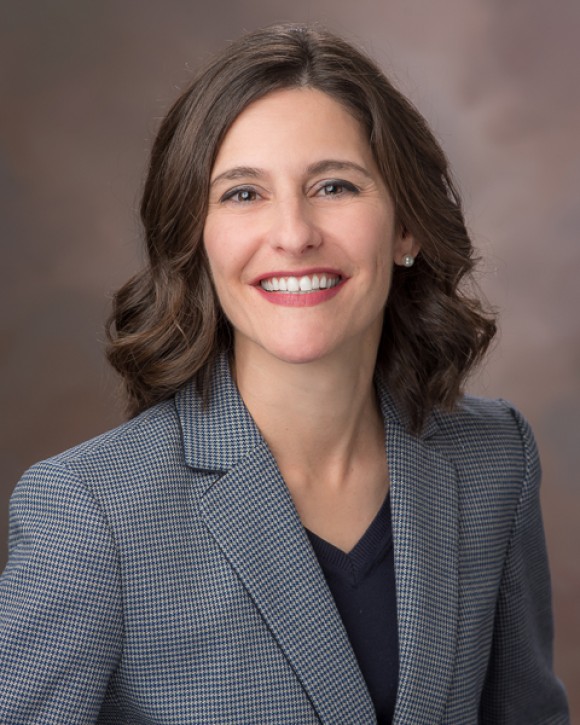Suffering in silence: NC physicians are contemplating suicide, telling no one
Categories: President’s Message Comments: comments Print Friendly Version | Share this item
Dr. Khandelwal
The sense of horror was palpable among my fellow Board Members when NCPHP CEO Dr. Joe Jordan, PhD, broke the news that North Carolina physicians may be contemplating suicide at a far greater rate than previously believed. While earlier national surveys documented suicidal ideation among physicians at around 6.5 percent, NCPHP’s survey found that 17.5 percent of survey physician respondents in our state have considered ending their own lives in the last year. Furthermore, of the physicians who reported considering suicide, only about one in three told anyone about it.
I have rarely seen my colleagues on the Board more compelled by a presentation or more motivated to understand what can be done to help our licensees.
One of the best things NCMB can do to support its licensees is to highlight, once again, the importance for any physician or PA who is feeling overwhelmed, depressed, hopeless and exhausted to seek help and support. Licensees can contact NCPHP 24 hours a day, seven days a week at 919-870-4480 to speak with a counselor who can help figure out a workable plan to get help. This initial consultation is offered at no charge and the Board need never know that the licensee has sought assistance.
Although many licensees are likely unaware of it, NCMB has actually been working on reducing barriers to mental health treatment for some time.
This work began in earnest in 2016, when NCMB removed questions about mental health treatment from its renewal forms as a way to reduce stigma and encourage physicians to seek the help they need. In 2017, NCMB removed such questions from its license applications as well. These changes reflect the Board's awareness that the fear of professional consequences or the loss of their professional license has historically been a major obstacle that prevents physicians from obtaining mental health care.
By eliminating these intrusive questions, NCMB has sent a clear message to licensees: seeking treatment for mental health issues will not jeopardize your professional standing. This policy shift is a positive move toward creating an environment where physicians feel more comfortable prioritizing their own well-being without the looming fear of losing their livelihood.
NCPHP findings related to suicidal ideation are a stark reminder of the work that remains to be done to support physician well-being. Addressing these issues requires a multi-faceted approach that includes policy changes, education, and a shift in the cultural norms within the medical profession. Clearly no one organization can effect these changes alone; The broader healthcare community must work together.
The most recent episode of NCMB’s podcast, MedBoard Matters, features a discussion with NCPHP’s CEO. The episode presents some findings from the recent physician suicide survey and shares NCPHP’s plans to raise awareness and help train the people around physicians – spouses, intimate partners, colleagues, friends – in how to intervene to help someone struggling with suicidal thoughts. I encourage you to listen to the podcast and review the survey results.
One of the most heartbreaking observations Dr. Jordan, a Ph.D. psychologist and professional counselor, offers in the podcast is that few seem to realize when the physicians in their lives are suffering with depression and suicidal ideation. As Dr. Jordan noted when he presented his findings to the Board in July, this may be the case because physicians often feel they will become a burden to others if they admit to feeling depressed or hopeless. NCPHP’s survey found that a feeling of “burdensomeness” is one of a handful of characteristics associated with suicidal ideation.
NCMB, NCPHP, and other stakeholders are committed to creating a safer, healthier environment for all licensees in North Carolina, recognizing that our licensees’ well-being is not just a personal issue but a critical component of patient care and public health. By prioritizing the mental health of physicians, we not only help those who are struggling but also ensure a healthier, more resilient healthcare system that benefits everyone.
Physicians are often seen as the epitome of resiliency, but they are human, subject to the same vulnerabilities and emotional challenges as anyone else. By encouraging candid conversations and normalizing mental health struggles within the medical community, we can pave the way for a culture that values the well-being of healthcare providers as much as it values the well-being of patients.
After all, a healthier physician community ultimately leads to better care for everyone.